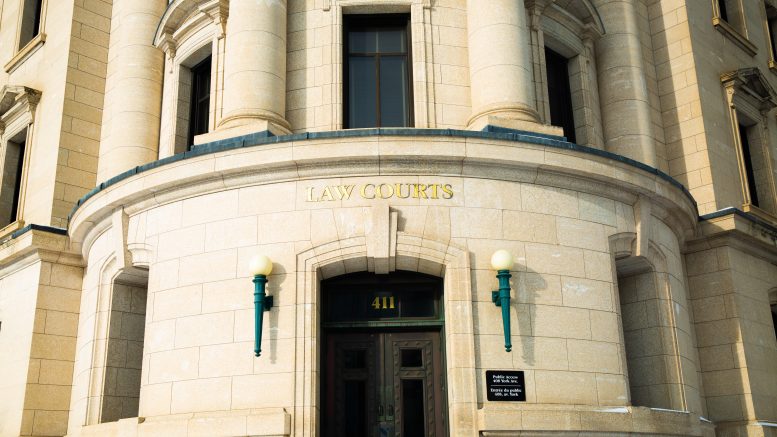Manitoba’s Court of Appeal has rejected the provincial government’s appeal of the ruling that the province must pay the University of Manitoba Faculty Association (UMFA) $19.4 million in damages following its covert involvement in 2016 contract negotiations.
UMFA president Orvie Dingwall reported mixed feelings from the association’s members.
“People are happy, they’re pleased with this result as a ruling, but they still talk about how this never should have happened,” she said.
This decision, made by Justices Holly Beard, Diana Cameron and Janice leMaistre, is the latest in a seven-year dispute between the government and the association.
A judge found that government interference caused UMFA to strike in the fall of 2016, which contributed to the damages it was ordered to pay the association, including costs of the strike and lost wages. The strike lasted nearly a month.
Before the strike, the U of M had made UMFA an offer that included a seven per cent wage increase over the course of four years. While the association had not accepted the offer, it was still on the table when the Progressive Conservative-led government heard about it.
Concerned that the offer would set a bad precedent for future bargaining, the province directed the U of M to bargain for a one-year contract instead, with a zero per cent wage increase for UMFA. It also directed the administration not to tell UMFA that the order was given.
The U of M felt the only option was to abide by this mandate, as it was told that there would be “financial consequences” if it did not. The university is public, and a large portion of its funding comes from the province.
According to the U of M 2016-17 budget submission, a provincial operating grant accounted for over half of the total operating budget.
Because of the large operating grant, “there is a high level of accountability” that needs to be in place, ensuring that the funding goes to programs, infrastructure, research and students at the university, said Dingwall, but “being accountable is not the same as being autonomous.”
The university’s autonomy from the government is of the utmost importance to Dingwall and the rest of UMFA, and the topic has been a “real issue” under government leadership by Heather Stefanson and Brian Pallister, she said.
Aside from the very real necessity of being able to freely teach and conduct research without government influence, the university must also be able to make its own bargaining decisions, even when given suggestions from the government.
The province is allowed to give suggestions to the administration during labour negotiations, and has done so in the past. The key legal violation in the 2016 negotiations was the government’s secrecy when dealing with the university.
In the first trial against the province, the judge ruled that the Manitoba government had violated UMFA’s freedom of association as outlined in the Charter of Rights and Freedoms.
Dingwall said that “the money is only one part of the damage.” She thinks back to both the youngest and oldest members of the association, those who were starting new families and paying off student loans, and those who were earning pension contributions. The salary increases in the original offer “really would have made a difference,” she said.
She said that, had the government not interfered, the 2016 strike could have been avoided entirely, and the strike in 2021 may have even been prevented. But not only that, “there was irreparable harm that was done to the relationship between the union members and the university’s administration.”
“No sum of money will ever be able to correct for that harm or for those losses.”
Dingwall said that while UMFA takes the ruling as “very promising news,” its members know that there are still months of waiting ahead to see what the province’s next move will be.
The province has two options. It can either pay the damages sentenced in the ruling upheld by Manitoba’s highest court, or it can apply for leave to appeal to the Supreme Court of Canada, and it has until Sept. 29 to do so.
A government spokesperson said in an email statement that the province will “take the time to thoroughly and carefully review the court’s decision.”
“While the government was entirely successful on the main constitutional issues in the broader litigation, it respects the Court of Appeal’s determination on the much narrower UMFA issues,” the statement read.





